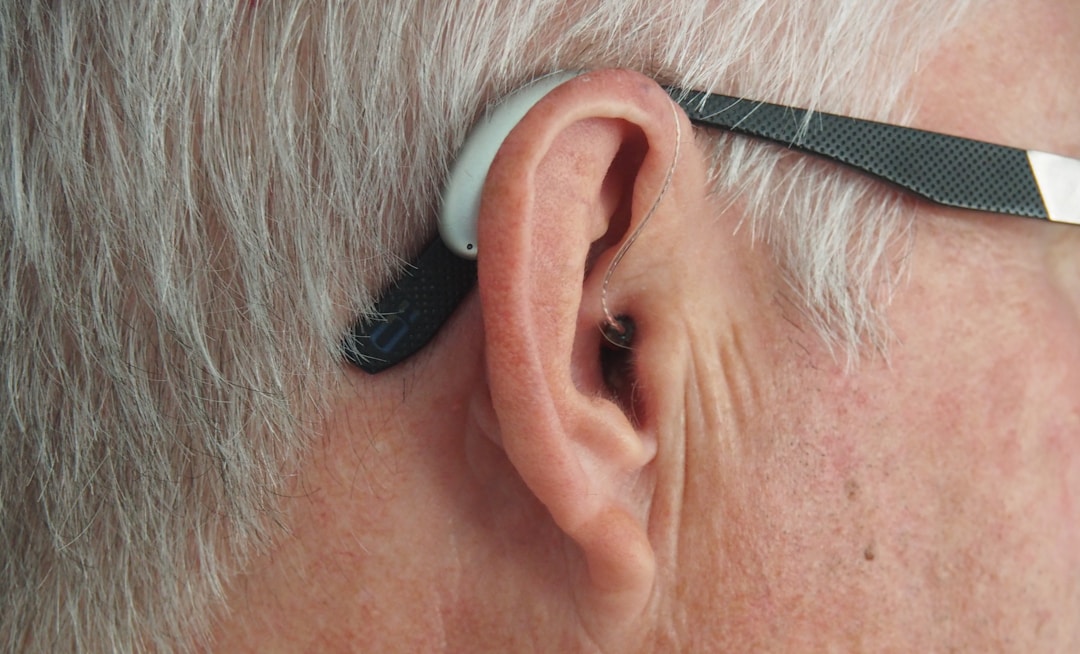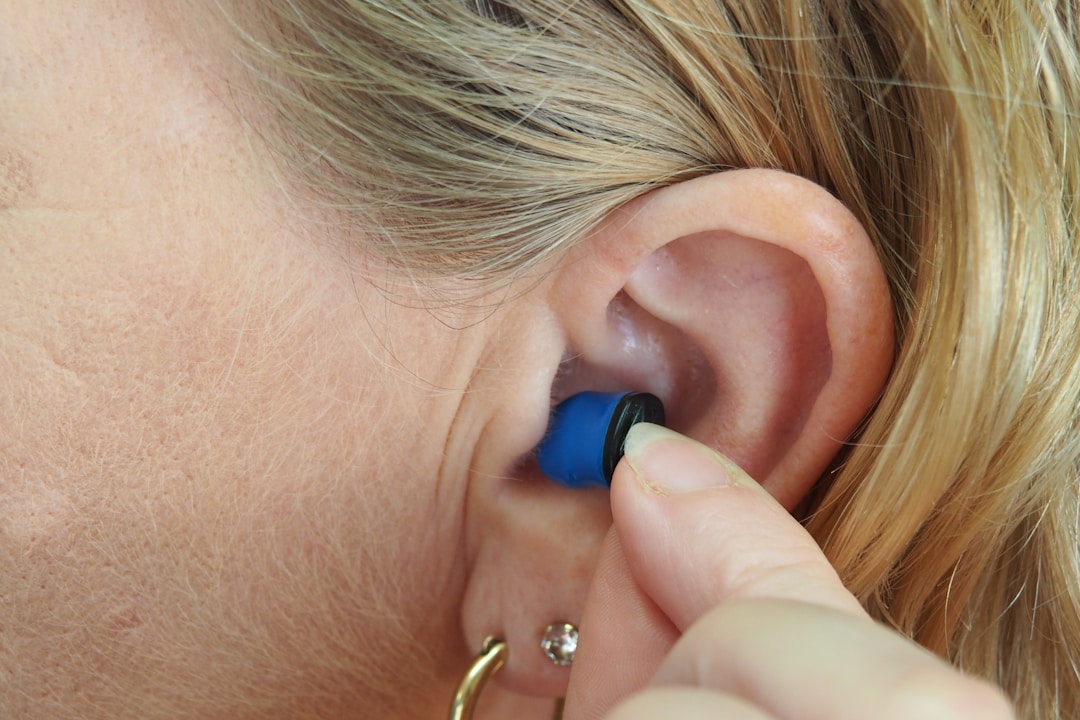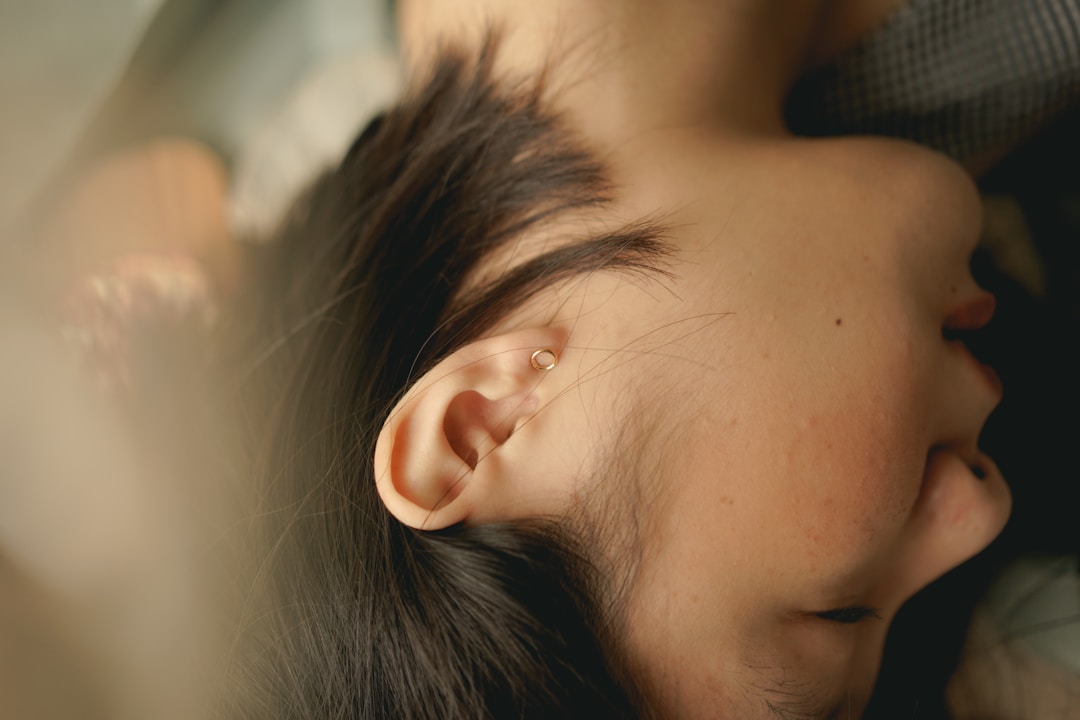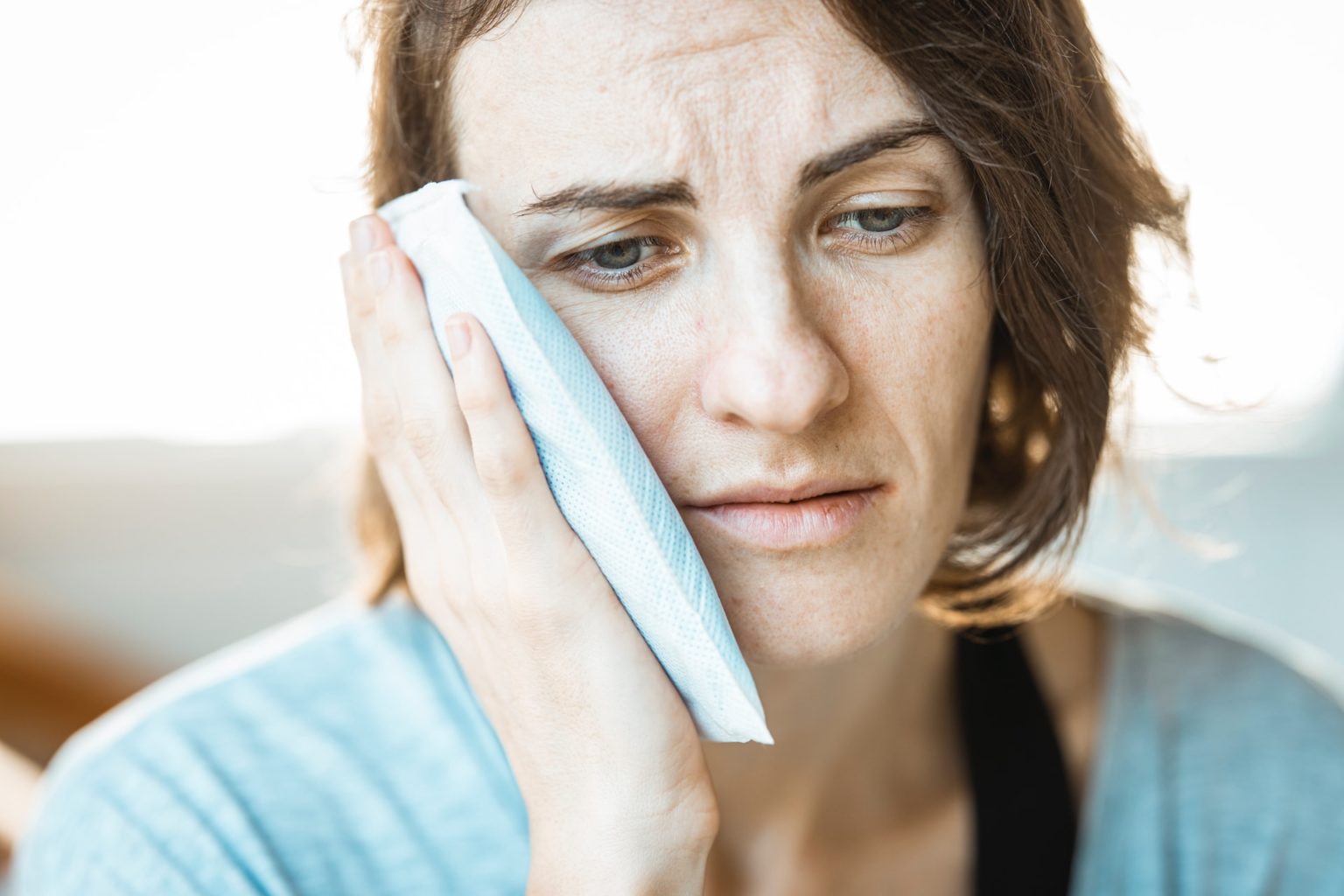Ringing and buzzing in your ears can be a pure aggravation. Living with tinnitus is incredibly difficult for most who are diagnosed with this disease. From dizziness to pain in the ear, the symptoms can impact daily life and force patients to scramble for solutions to deal with the irritating sounds that no one else can hear. Here are some ways that you can manage your tinnitus and live life with limited petulance from those symptoms.
Supplements and Medical Intervention


If you notice the high-pitched noises aren’t going away, consult your primary care provider immediately. They may recommend a change in your current medication regimen. A doctor may recommend stopping or reducing dosage of medication, such as those prescribed for high blood pressure. There are supplements available that can be taken with consultation from a physician, such as Phytage Labs Tinnitus 911. These over-the-counter capsules have helped tinnitus sufferers deal with that terrible piercing noise. This helps to curb tinnitus symptoms like migraines and nausea.
With natural ingredients like hibiscus and olive extract, supplements that are high in vitamin B12 can help deal with the high-pitched hissing or buzzing that just won’t go away. A hearing test may be recommended by a physician, along with a CT scan to look for any possible hearing damage. This may lead to the recommendation of a hearing aid that may help with brain function and possibly combat the sounds that are bringing you grief. Earwax removal may also be suggested, as clearing potential blockage could be the best way to have those noises differ.
Behavioral Treatment


Some tinnitus symptoms are triggered by stress and anxiety, with some patients finding help with cognitive-behavioral therapy. A psychologist will help those receiving counseling learn coping techniques to make these symptoms less bothersome. By addressing the roots of issues like depression, it could help subside issues. Many mental health professionals offer CBT for tinnitus in individual and group sessions. These programs are even accessible online. While it doesn’t get to the root cause of tinnitus, it will help with anxiety or depression issues that accompany tinnitus.
Tinnitus retraining therapy, or TRT, is also a recommended option for some patients. TRT is an individualized program administered by a tinnitus treatment center or an audiologist. This combines sound masking and counseling from a trained psychiatrist or psychologist. This usually involves wearing a device that helps mask the buzzing and hissing that is interrupting your daily life. This can help some tinnitus problems feel less aggressive than they are on their onset. With those loud noises seeming to dissipate, you’ll be able to address other medical conditions that can have an impact on tinnitus, such as hypertension or an underactive thyroid.
Noise Suppression


Tinnitus is presently incurable, but there are treatments designed to keep the symptoms of tinnitus at bay. A doctor may suggest the use of electronic devices to suppress the piercing noises. White noise machines have been recommended by some audiologists, with static or environmental sounds acting as an effective treatment. These machines have now been developed to included inside pillows to ease any tinnitus symptoms that flare when you’re trying to go to bed. Fans, dehumidifiers, and air conditioners in the bedroom can also have a positive effect.
Worn in the ear, similar to hearing aids, masking devices produce a continuous low level to suppress symptoms of tinnitus. Remember, individual results will vary, and one tinnitus treatment for someone may not suit another patient. It’s much like a demi bra. It’s not one-size-fits-all, and the good news is that you can find something that creates a suitable comfort level.






